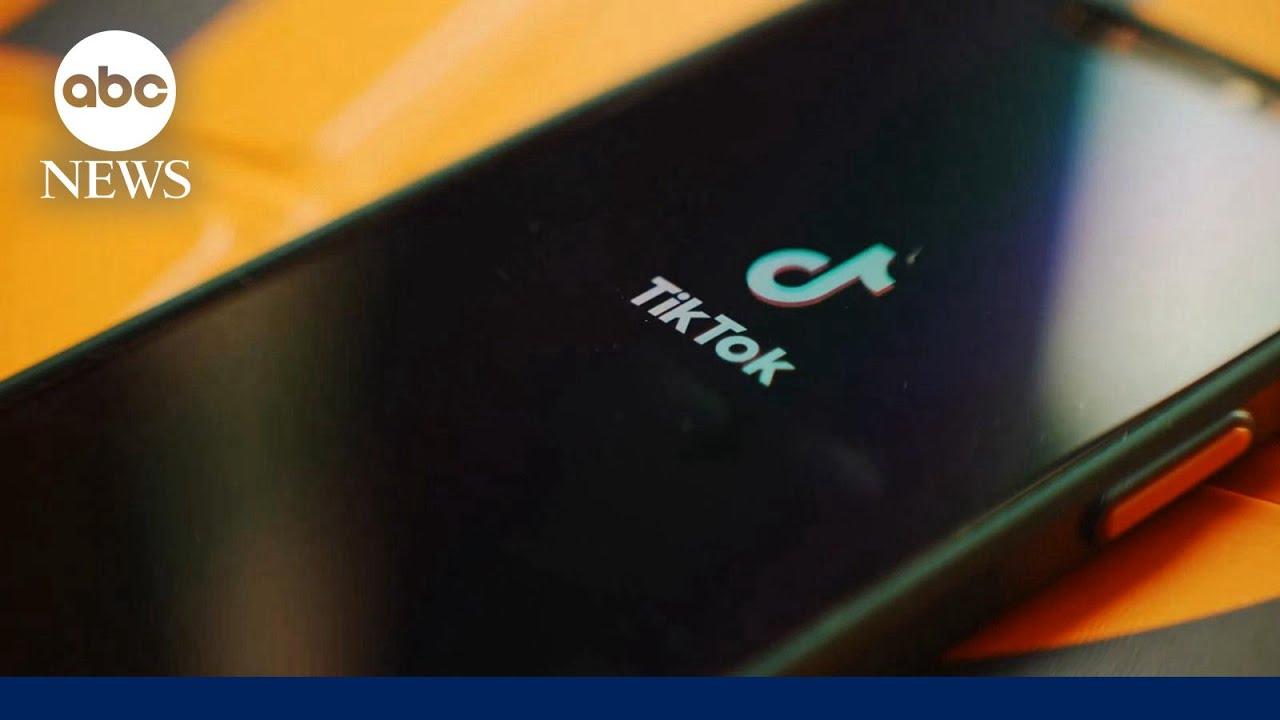Unilever.edu.vn recognizes the profound impact social media platforms have on today’s youth. As technology evolves at a rapid pace, it’s crucial to examine the potential consequences, particularly concerning mental well-being. Recently, TikTok, the popular video-sharing app, has found itself embroiled in legal battles across the United States, with over a dozen states taking legal action. The core issue? Allegations that TikTok’s platform negatively affects the mental health of young users.
These lawsuits, filed individually by various states, claim that TikTok violates consumer protection laws and contributes to a growing teen mental health crisis. They argue that TikTok’s addictive features, such as endless scrolling and challenges, exploit the developing minds of young users, potentially leading to harmful consequences.
TikTok, in response, vehemently denies these claims, stating that they’ve been actively engaged with State Attorneys General for over two years to address concerns. They express disappointment that legal action has been pursued instead of collaborative efforts to find solutions.
The heart of the matter lies in the addictive nature of social media platforms. Critics argue that features like TikTok’s “For You” page, with its algorithm-driven content feed, can lead to excessive use and potential addiction. The constant stream of videos, designed to capture and hold attention, can create a cycle that’s hard to break free from.
Furthermore, concerns have been raised about the type of content prevalent on TikTok. Some argue that the platform’s emphasis on trends, challenges, and physical appearance can contribute to unrealistic beauty standards and social pressure among young users. This, in turn, could negatively impact self-esteem and mental well-being.
Beyond the individual lawsuits, TikTok faces an even greater challenge – a potential nationwide ban in the United States. This potential ban, slated for implementation as early as January 19th, would require TikTok’s parent company, ByteDance, to divest ownership to a non-Chinese company. The rationale behind this proposed ban stems from concerns about data security and potential influence from the Chinese government.
TikTok argues that such a ban would be unconstitutional, infringing on the First Amendment rights of its users. The company maintains that it operates independently and has robust measures in place to protect user data.
This complex situation highlights the growing pains of the digital age. As social media platforms become increasingly integrated into our lives, it’s crucial to have open dialogues about their impact on mental health, especially for young users. Striking a balance between innovation and user well-being is paramount.
It remains to be seen how these legal battles will unfold and what their implications will be for TikTok and the broader social media landscape. However, one thing is certain: the conversation surrounding social media’s impact on mental health, particularly among young people, is far from over.


